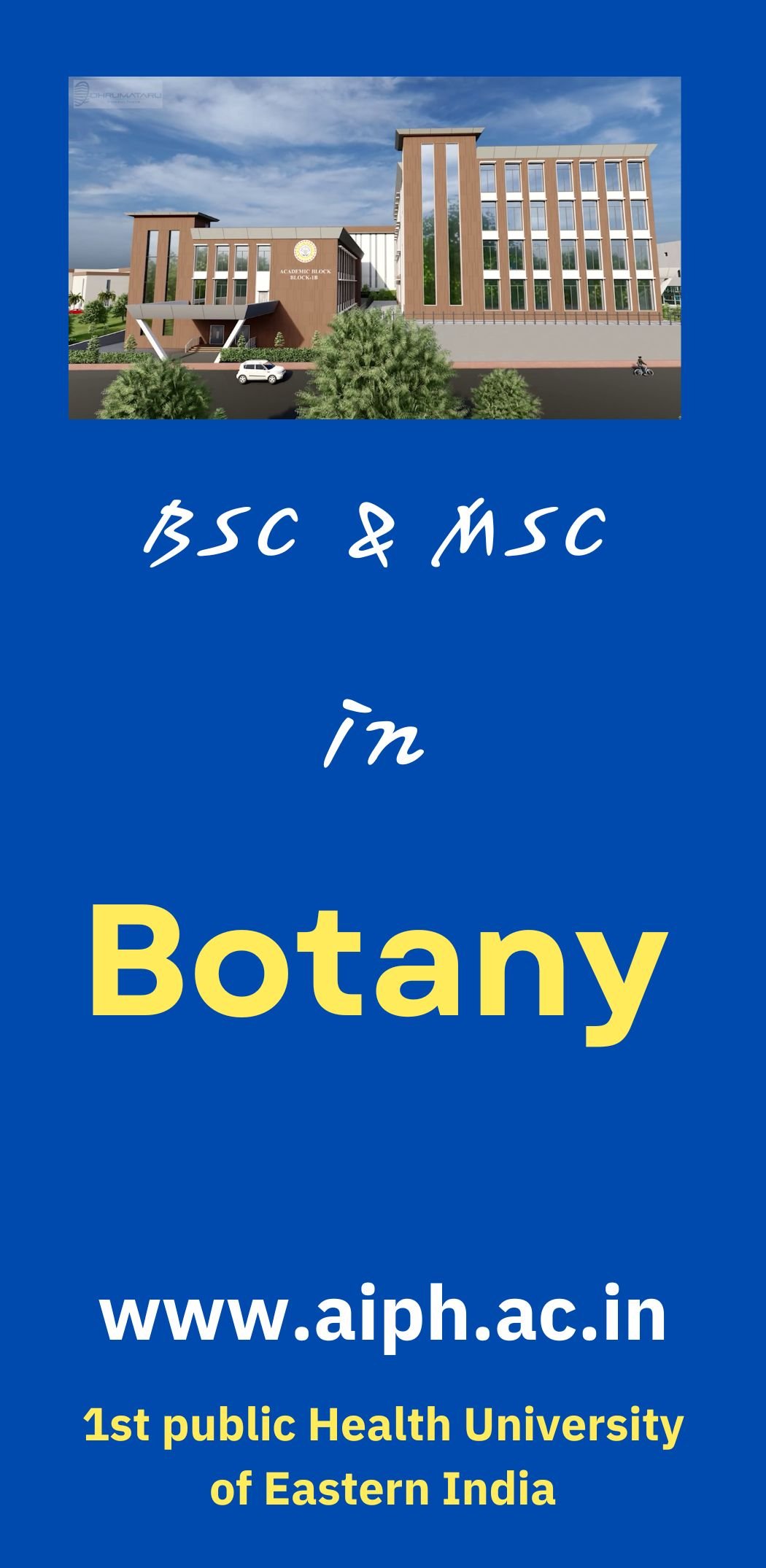The Gut-Brain Axis: A Two-Way Street
The gut and brain are connected through a complex system involving the vagus nerve, immune pathways, and hormonal signals. This bidirectional communication allows gut microbes to influence brain activity and vice versa. For example, stress can alter gut microbiota composition, while gut health can affect mood and mental clarity.
Microbes and Mental Health
Gut microbes play a pivotal role in producing neurotransmitters like serotonin and dopamine, which regulate mood and behavior. Studies have shown that imbalances in gut microbiota, known as dysbiosis, are linked to conditions such as anxiety, depression, and even neurodegenerative diseases like Alzheimer's and Parkinson's.

Cognitive Function and Neurodevelopment
The gut microbiota also contributes to brain development and cognitive functions. Early microbial colonization influences neurogenesis, myelination, and the integrity of the blood-brain barrier. Maintaining a healthy gut microbiome during childhood can support optimal brain development.
The Role of Diet and Probiotics
Diet plays a crucial role in shaping gut microbiota. Fiber-rich foods, fermented products, and probiotics can promote a diverse and balanced microbiome, potentially enhancing brain health. Emerging research suggests that targeted probiotic interventions may help alleviate symptoms of mental health disorders.
Future Perspectives
As research continues to unravel the mysteries of the gut-brain axis, the potential for therapeutic applications grows. From personalized diets to microbiome-based treatments, the future holds promise for harnessing gut microbes to improve brain health and overall well-being.
The gut-brain connection reminds us that health is holistic, and nurturing our gut microbiota could be the key to unlocking better mental and cognitive health. So, the next time you reach for a meal, remember—you’re not just feeding yourself; you’re feeding your brain too.



